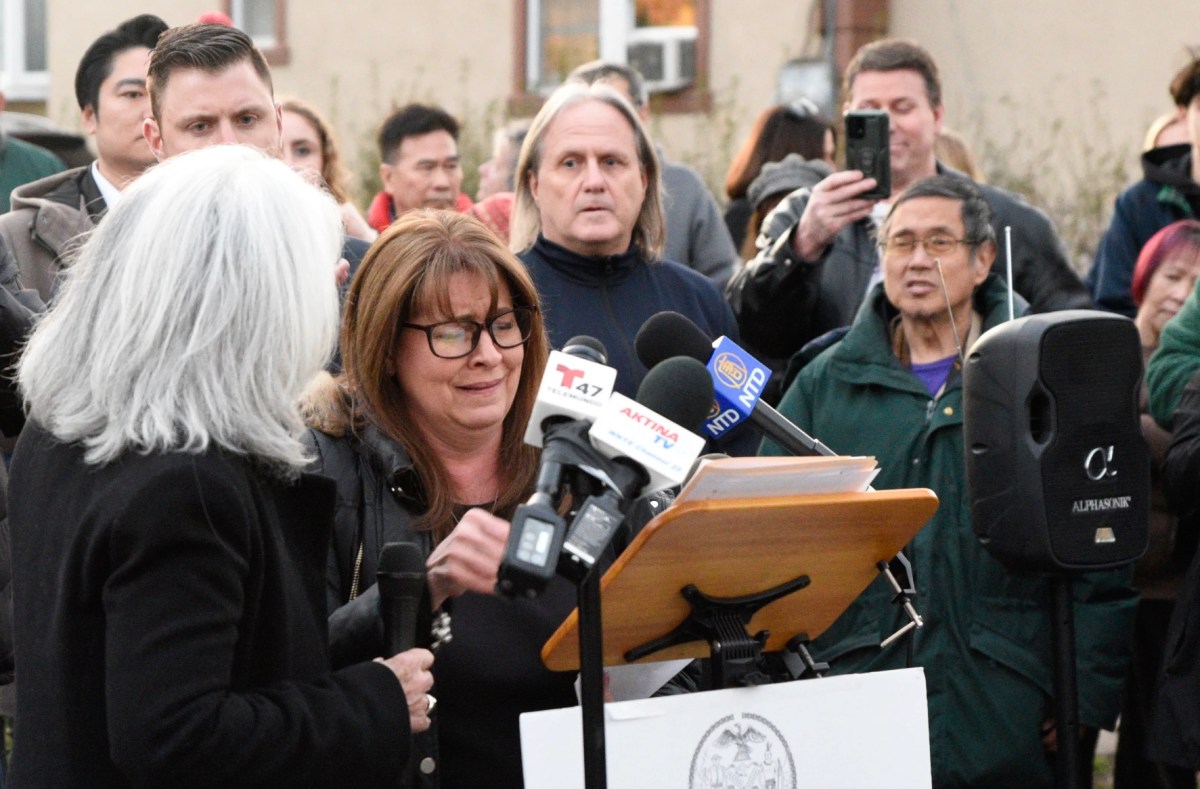WINNIPEG – Manitoba’s grand chief says Ottawa hasn’t done enough to prepare First Nations for an expected resurgence of swine flu in the fall, leaving communities to raise funds for basic supplies and forcing the provincial government to fill the void.
Ron Evans, head of the Assembly of Manitoba Chiefs, said the federal government doesn’t seem to have a plan for reserves and aboriginals can’t afford to wait for the virus to strike once again.
“Health professionals are comparing this to the 1918 Spanish flu,” Evans said before flying out Wednesday to one of the province’s hardest-hit areas – the St. Theresa Point reserve 500 kilometres north of Winnipeg.
“We can’t take chances. We can’t be waiting to see what the federal government is going to do.”
Aboriginals have had to raise money themselves for such things as hand sanitizers and masks, he added.
The Manitoba government has also had to step up, Evans said. The province has said it will help chip in for 15,000 flu kits to be sent to remote reserves.
At the very least, Evans said, the federal government should be doing the same.
“There should be a plan, there should be more communication,” he said. “Words need to become actions.”
Manitoba’s northern native communities were particularly hard-hit by the flu last spring. Many patients were airlifted from a cluster of reserves in the Island Lake region, including St. Theresa Point, where there are fewer than 10,000 residents.
Aboriginal chiefs are soliciting donations from corporations for everything from hand sanitizers and Tylenol to antivirals and ventilators. A benefit concert is planned for Friday in Winnipeg and organizers expect to raise about $6,000 for flu kits.
Another corporate fundraising dinner is set for Monday to raise money for a make-shift field hospital in the hardest-hit Island Lake region.
Federal Health Minister Leona Aglukkaq said aboriginal communities have nothing to worry about.
Reserves are getting the health care they need and their nursing stations are well-equipped with necessary supplies, she said in a conference call Wednesday.
“All remote and isolated First Nations communities have adequate supply or access to pain relief medication through their nursing station,” said Aglukkaq, who added reserves are responsible for devising their own pandemic plans.
“We continue to follow up on these issues and these plans to ensure that First Nations are well-prepared for the more serious outbreak.”
David Butler-Jones, Canada’s chief public health officer, said not everything included in the flu kits make sense. He said people should wash their hands with soap often and use hand sanitizers if they don’t have access to a tap, and they should have a thermometer and Tylenol on hand.
“Things like gloves are not actually useful in this setting. Masks have limited use,” he said.
“For a kit that a family would need, the costs are actually low. It’s having soap, having a thermometer, having some Tylenol – things which typically most households would, could, should have.”
But Manitoba Health Minister Theresa Oswald said many of the homes she’s visited on northern reserves don’t have running water, let alone thermometers and pain relievers.
“It’s something every parent would want to have at their fingertips – basic medicine cabinet contents to care for their children, their elders,” she said in an interview. “I wouldn’t say that every community in northern Manitoba already has these things, not by a long shot.”
The provincial government invited Ottawa to help fund the aboriginal flu kits but Oswald said there hasn’t been a response.
Judy Wasylycia-Leis, NDP health critic and a Winnipeg MP, said the fact that fundraisers are being held on behalf of aboriginal communities shows that the federal government has done a poor job preparing First Nations for the return of swine flu.
If Ottawa is ready for a second wave of the pandemic, health officials haven’t communicated that well enough to afflicted communities, she said.
And given that shipments of hand sanitizers to reserves were delayed in the spring because they contained alcohol, aboriginal chiefs have good reason to be worried, Wasylycia-Leis added.
“They’re worrying legitimately that the federal government will not be there when needed. I don’t think the federal government has actually done a very good job of making sure that every reserve has been told what will happen, when and who will provide what.”


















